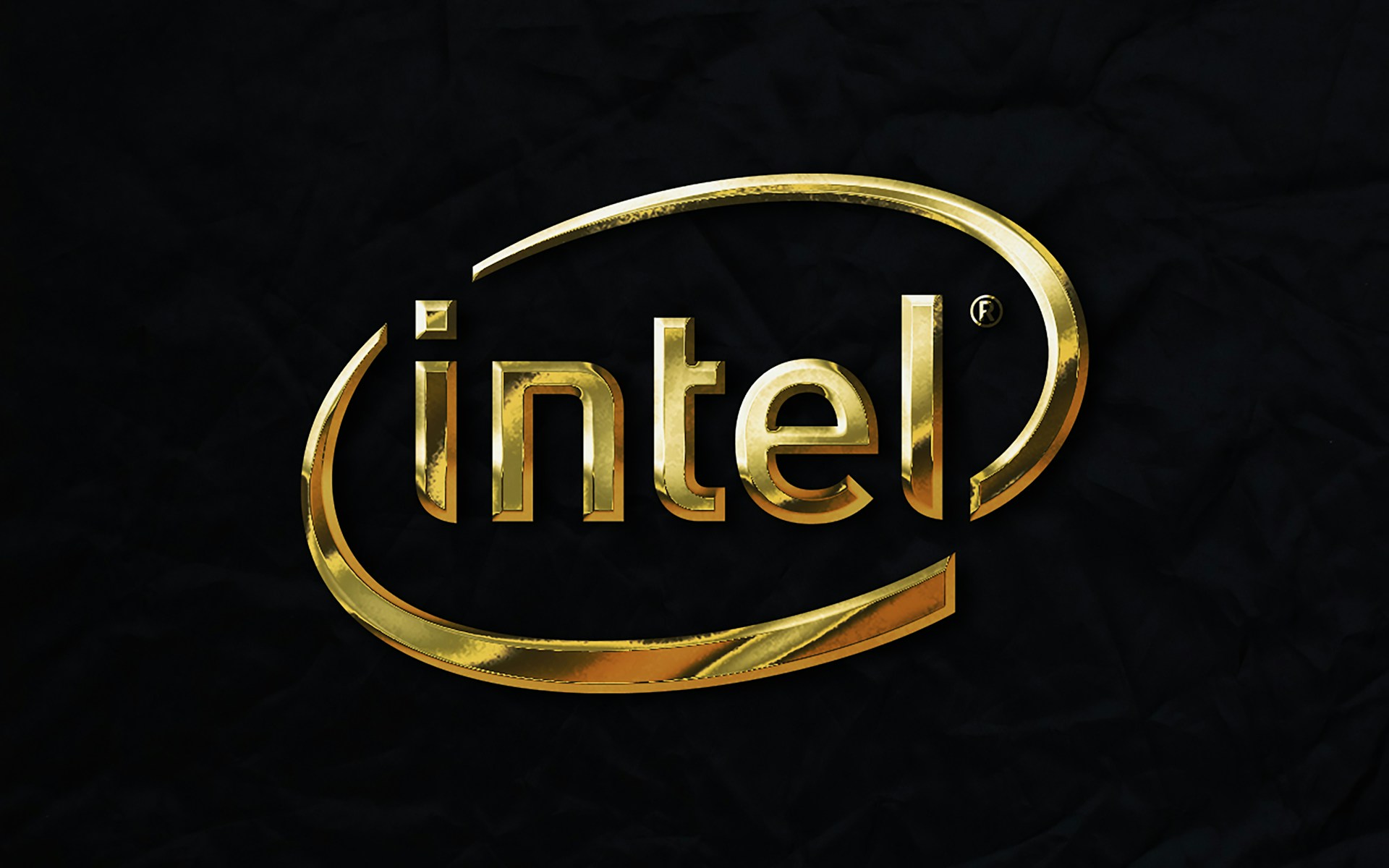On May 12, 2025, the United States and China agreed to a 90-day suspension of most tariffs, marking a significant de-escalation in their trade tensions. The U.S. will reduce tariffs on Chinese goods from 145% to 30%, while China will lower its tariffs on U.S. products from 125% to 10%. This move has led to a surge in global stock markets, particularly benefiting the technology sector.
The agreement has provided a boost to investor sentiment, with major U.S. semiconductor companies seeing notable gains. Nvidia’s stock price rose by 4.9% in premarket trading, reaching $122.39. Other tech stocks also experienced upward momentum, including Intel, Marvell Technology, and Super Micro Computer, which saw increases of 4%, 8%, and 6.5%, respectively. This rally reflects the market’s optimism regarding the easing of trade barriers and the potential for improved supply chains.
The tariff reductions are particularly significant for the semiconductor industry, which has been at the center of the U.S.-China trade dispute. Companies like Nvidia and AMD have faced challenges due to export restrictions and high tariffs. The temporary suspension of these tariffs is expected to alleviate some of these pressures, allowing for more stable operations and potentially boosting profitability.
However, analysts caution that while the 90-day truce is a positive development, it is not a permanent resolution. The underlying issues between the two nations remain, and the success of this agreement will depend on continued negotiations and cooperation. The tech industry, in particular, will be closely monitoring the situation, as any future escalations could have significant implications for global supply chains and market dynamics.
In summary, the U.S.-China agreement to reduce tariffs has led to a rally in global tech stocks, signaling relief for the semiconductor industry. While this development is encouraging, stakeholders should remain vigilant and prepared for potential challenges ahead as the trade relationship between the two economic giants continues to evolve.


